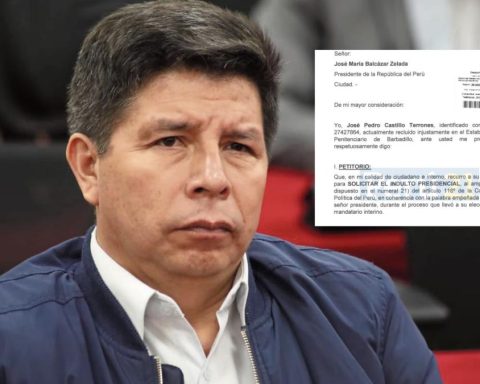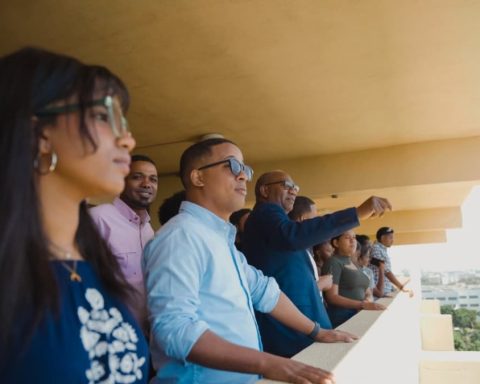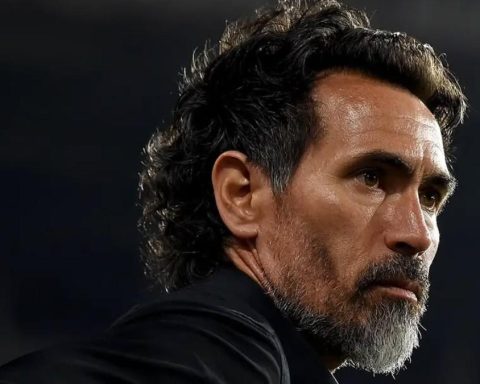The former Minister of Health of the government of Sebastián Piñera, Jaime Mañalich, signed three weeks ago for the party in formation Amarillos por Chile. If the group manages to consolidate, it would be the first time that the former minister is part of one.
Jaime Mañalich on several occasions identified himself as a politician with an ideology of the center rather than the right. Later, in January 2022, he stated that if he joined a party, it would be Evópoli.
In this context, Third He consulted him about the reasons that led him to sign for this side, which he explained by approaching Mario Waissbluth, a member of the party in formation. “The work that Warnken and the Yellow group have done for democratic stability in the country has been crucial, they are heroic. That includes Mario Waissbluth, who has greatly influenced my approach to that group. We talk periodically, every two or three weeks, about his vision of the world and of Chile. That has led me to support them however I can,” he stated.
For his part, Waissbluth maintained that “Jaime (Mañalich) and I are very close friends. Every once in a while we go out for lunch. In that, we have discussed, among a hundred other things, the subject of yellows. I told him a few months ago that I thought his ideology matched the ideology of the Amarillos center. I’ve known him for eight or 10 years, when he was a minister in Piñera’s first government, and he always had a more central position, he hasn’t changed, I’ve never seen him take a position on the right, much less on the extreme right.
When consulting Mañalich about the reasons why he did not join Evópoli, the former minister affirmed that the party turned towards a more closed right, which does not appeal to him. “I was concerned about his premature turn (of Evópoli) for the second presidential round towards a more closed, more radical right. That removed any possibility, as I explained to Gloria Hutt,” he said. The foregoing occurred in the context of the support of the party to the candidacy of José Antonio Kast in the second presidential round against Gabriel Boric.
The party’s response was that it corresponded to its “historical responsibility” for the failure of the Communist Party to come to power.

















